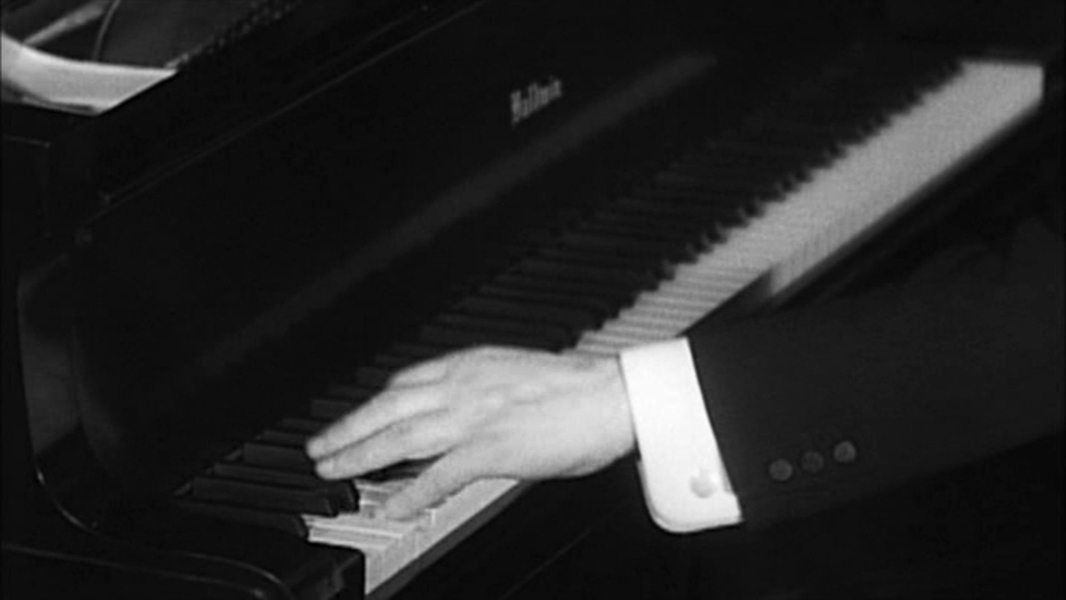
Memory Lane
Some pianists, (many well-known concert artists, in fact) find playing from memory easy, and some find it very difficult. The pointers in this article, from Pianist magazine, may help.

Some pianists, (many well-known concert artists, in fact) find playing from memory easy, and some find it very difficult. The pointers in this article, from Pianist magazine, may help.

Many people struggle with sight-reading at the piano. But not all for the same reason or reasons. Here are some common problems, together with my solutions to them.

Which is the best Piano Tutor for Adults? This article began in my mind when a new adult student turned up, and already had a tutor book.

All over the country, and probably the world, there are sad stories of independent bookshops closing down. I suppose the same must be happening with music shops

I realise that many instrumentalists find sight-reading difficult. However, they should spare a thought for singers. Except for those who have perfect pitch, singing at sight is a lot harder than playing at sight on an instrument.

Over the years, I have used many different piano tutor books with students of all ages as they start learning the piano. There are some books that I come back to again and again, because I think they are creative, well written, and structured.

This page is a note about how I teach sight-reading. I've posted it as a matter of public service. Usual disclaimers about no responsibility taken if it doesn't help you, or makes matters worse!

Please, people! If you go to a wedding ceremony at which live musicians are performing, please have the courtesy not to talk over them.

This humorous article about putting together a Lessons and Carols service for Christmas in the brave new world of the UK leaving the EU, first appeared in the December edition of the Stamford All Saints' December 2018 magazine.

Old editions have their uses. The old Novello edition of Chopin Nocturnes has a very helpful table of the fioriture (fast florid passages) in the Chopin Nocturnes, with an interpretation by Frank Merrick of how to play them.

When learning a new piece of piano music, start with the Left Hand. Why? Because it is harder. But we can all take inspiration from the pianist Paul Wittgenstein, who used only his left arm and hand in concerts.

"I couldn't practise, because there wasn't a piano where we were on holiday." My response would be "And your point is?". I get mystified looks. If they had at least taken their sheet music, they would have been able to do something.
We use cookies for the best online experience. By using this website you agree to the cookie policy.